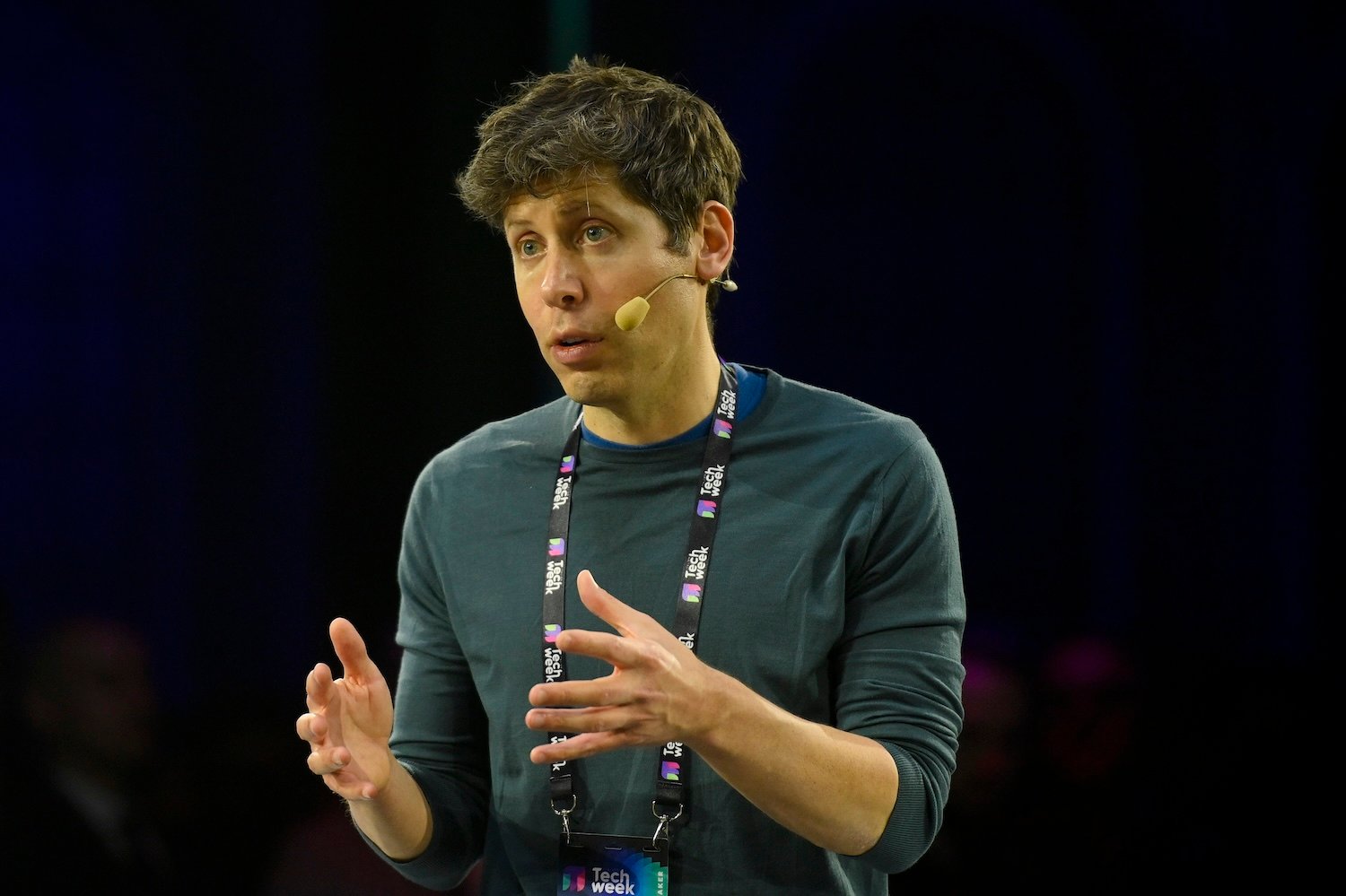The Uncertain Future of OpenAI's GPT-5 and Its Massive Infrastructure Investment

OpenAI's latest release, GPT-5, has faced severe criticism, being labeled as 'dumb' and 'boring' by users who compare it unfavorably with its predecessor. Despite the backlash, Sam Altman, CEO of OpenAI, announced ambitious plans to invest an astronomical amount in AI infrastructure, comparable to the GDP of a country like France.
During a recent dinner in San Francisco with journalists and OpenAI executives, Altman acknowledged the flawed rollout of GPT-5. However, he remains hopeful about the company's future, citing an unprecedented increase in API traffic and daily record highs in ChatGPT users. He believes these challenges reflect a learning curve in scaling AI technologies to a vast global audience.
Altman also commented on the broader AI industry's hype, likening it to a bubble similar to the early internet era where excitement often outpaces reality. He admitted to potential overenthusiasm but deemed it a natural part of innovation centered around a 'kernel of truth.'
Concern grows as critics question the AI sector's return on investment, noting a recent downturn for companies like Coreweave. Altman asserted the need for spending trillions on AI infrastructure to support future developments, a move that seems excessive to some.
There are significant questions about the societal value and cost-benefit of such large-scale investments in AI. Critics wonder whether the money is better spent on social or educational programs. The lingering debate is whether AI's benefits outweigh its environmental impact and other negative repercussions like reduced user cognitive abilities.
Amidst this discourse, Altman remains unwavering, poised to push forward OpenAI's ambitious spending despite the uncertainties. The critical question remains: Is AI's rapid development indeed beneficial for society at large?



